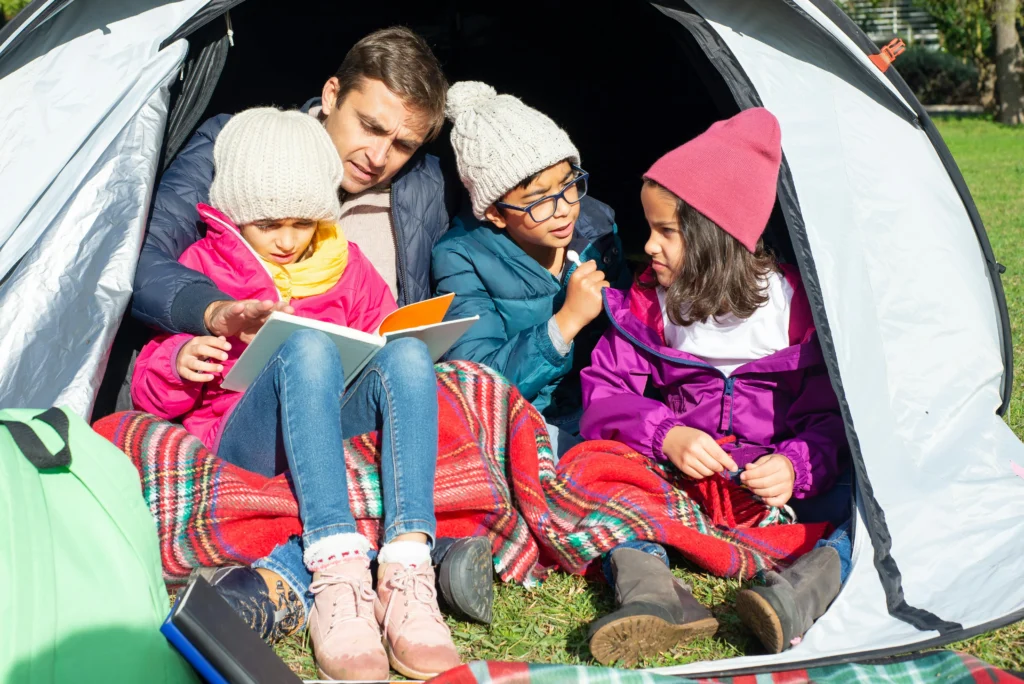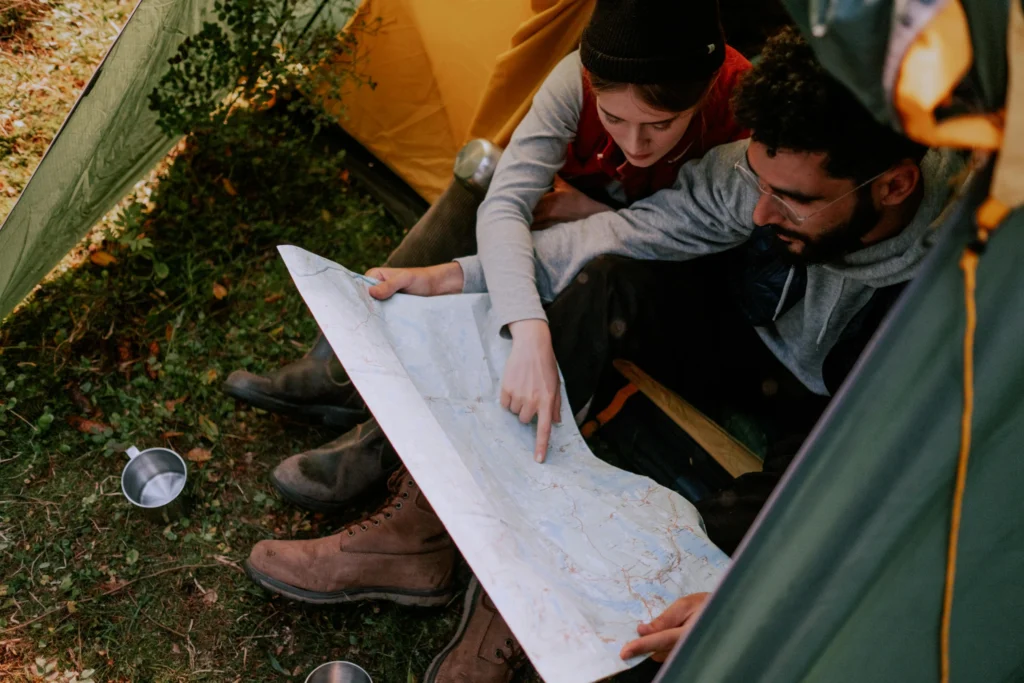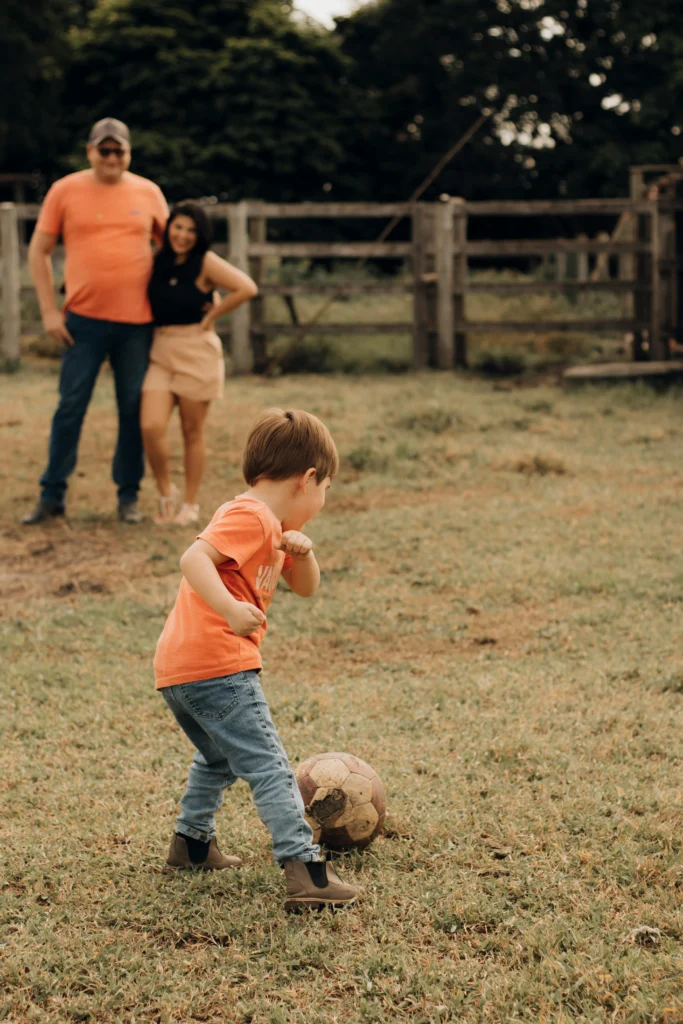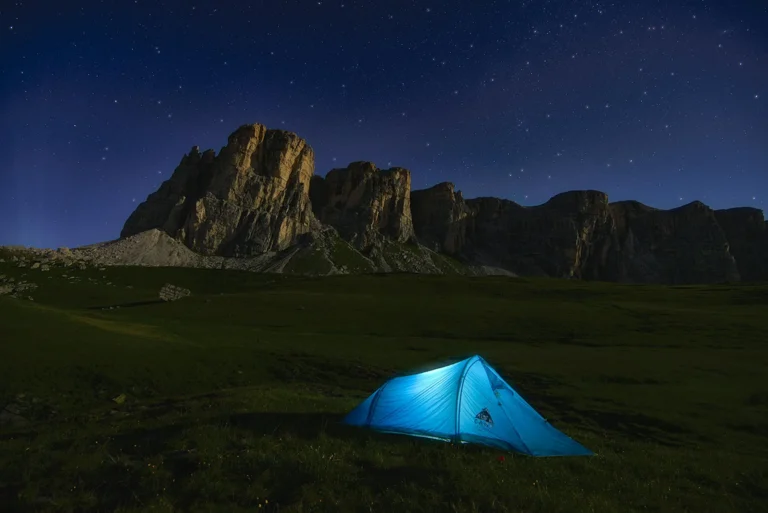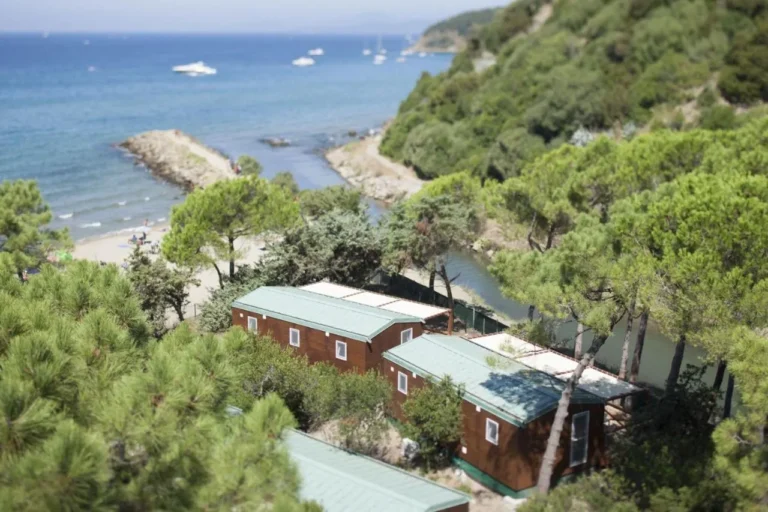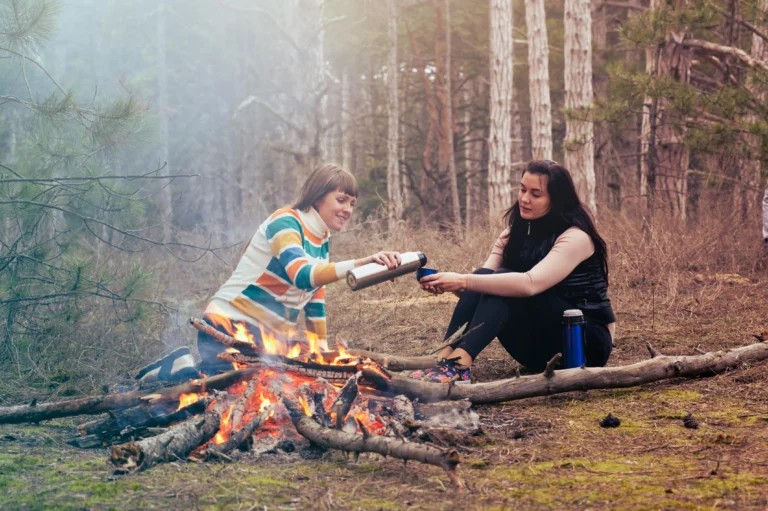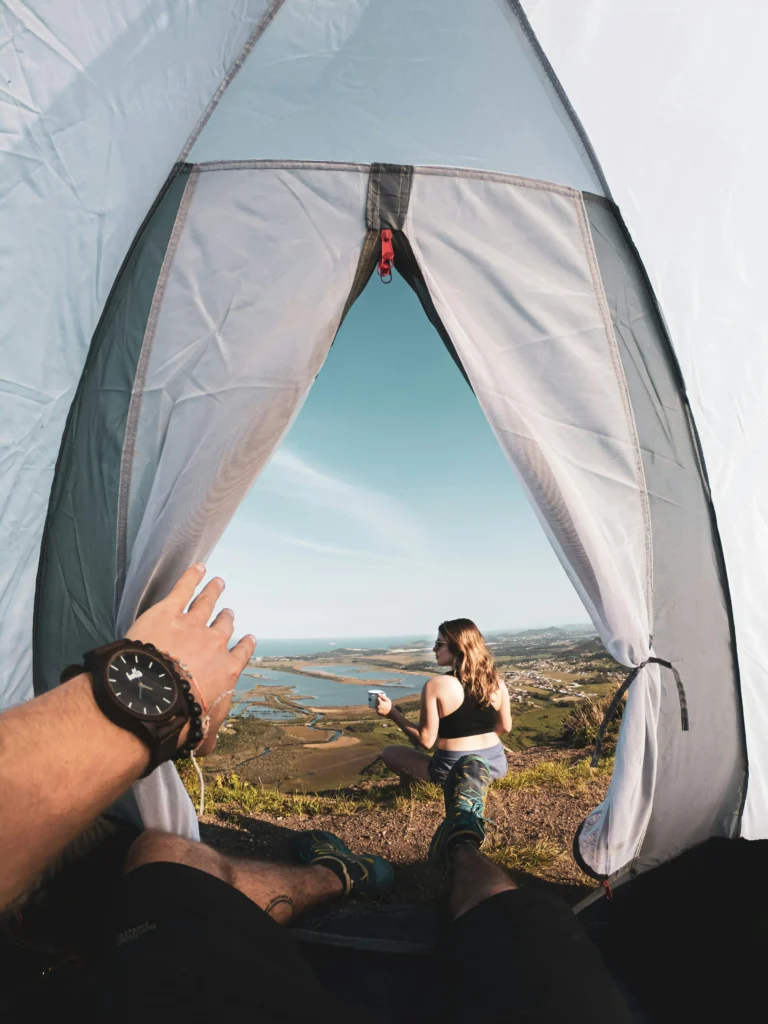Creating Lasting Memories: Family Camping Traditions to Start Today 2025
Importance of Family Time and Traditions
Benefits of Spending Time Together Outdoors
Spending quality time outdoors offers substantial benefits for families. Not only does it promote physical health, but it also enhances emotional and mental well-being. Picture a sunny afternoon where a family sets out for a hike. Each step taken together strengthens their bond while enjoying the serenity of nature.
Value of Creating Family Traditions
Creating family traditions enriches these shared experiences, weaving memorable narratives into the fabric of family life. These traditions bring predictability and a sense of belonging. For instance, consider a fun tradition where every camping trip begins with a particular silly chant or song.
When families prioritize time spent together outdoors, and establish cherished traditions, they create lasting bonds that foster love and connection.
Planning Your Family Camping Trip
Choosing the Right Destination
A successful family camping trip begins with choosing the perfect destination. Think about what your family enjoys—beaches, mountains, or forests? For example, when my family opted for a lakeside campsite, it transformed our trip into a serene escape filled with swimming and fishing.
Packing Essentials for a Memorable Trip
Once you’ve picked your destination, it’s time to pack! A thoughtfully prepared packing list can make all the difference.
Planning for Your Camping Trip
Safety is paramount when camping. Before heading out, ensure your family is prepared for emergencies.
By carefully planning each aspect of your family camping trip, you’ll lay the groundwork for creating unforgettable memories together.
Fun Activities for the Whole Family
Campfire Cooking and Recipes
Once your family has settled in, the real fun begins! Campfire cooking is a fantastic way to bond while indulging in delicious meals. My family makes it a tradition to prepare “campfire nachos,” layering chips, cheese, and toppings in a cast-iron skillet, then letting it melt over the fire. It’s always a crowd-pleaser!
Planning for Your Camping Trip
Nature Exploration and Hiking
Exploring nature is another thrilling activity! Local trails offer a wealth of flora and fauna for families to discover. During one hike, my kids eagerly identified plants and birds, turning the adventure into a mini “nature scavenger hunt.”
Family-Friendly Trails: Opt for routes that everyone can enjoy, focusing on:
Outdoor Games and Bonding Activities
No camping trip is complete without some good old-fashioned fun! Plan outdoor games that engage everyone.
Engaging in these activities not only enhances the camping experience but also fosters connections, creating memories that your family will treasure for years to come.
Planning for Your Camping Trip
Campsite Setup Rituals
Building camping traditions starts right from the moment you arrive. Campsite setup rituals can transform a practical task into a fun family bonding experience. For instance, my family divides the setup tasks, assigning each member a specific role—one person sets up the tent, while another gathers firewood.
Storytelling Around the Campfire
Once the sun sets and the campfire crackles, storytelling becomes a cherished tradition. Each night, we gather around the fire to share tales—from spooky campfire stories to recounting family memories.
Morning Routine and Breakfast Traditions
Mornings can be made special with simple rituals that set a positive tone for the day. In my family, breakfast includes pancake flipping competitions, where everyone has to try to flip a pancake in the air.
By establishing these rituals and traditions, camping becomes not just about the destination, but about creating shared experiences and lasting memories that your family will look forward to year after year.
Conclusion
Family time and traditions are the heartbeats of meaningful relationships, creating a strong foundation for love, connection, and shared joy. Spending time outdoors amplifies these bonds, offering opportunities to disconnect from the everyday hustle and embrace the simplicity and beauty of nature. From hiking scenic trails to gathering around a campfire for storytelling, each moment becomes a treasured memory that strengthens the family unit.
Establishing traditions, whether it’s a silly song during campsite setup or a favorite meal cooked over the fire, adds a layer of predictability and warmth to these experiences. These rituals provide not only joy in the moment but also a sense of belonging that endures. As families grow and change, adapting traditions ensures that everyone feels included and excited about future adventures.
By planning thoughtfully, engaging in fun activities, and documenting your experiences, camping becomes more than a trip—it becomes a cherished part of your family’s story. These traditions, passed down through generations, cultivate a lasting love for nature and family, leaving an enduring legacy of togetherness and adventure. So pack your bags, head outdoors, and start creating the memories that will shape your family’s journey for years to come.

